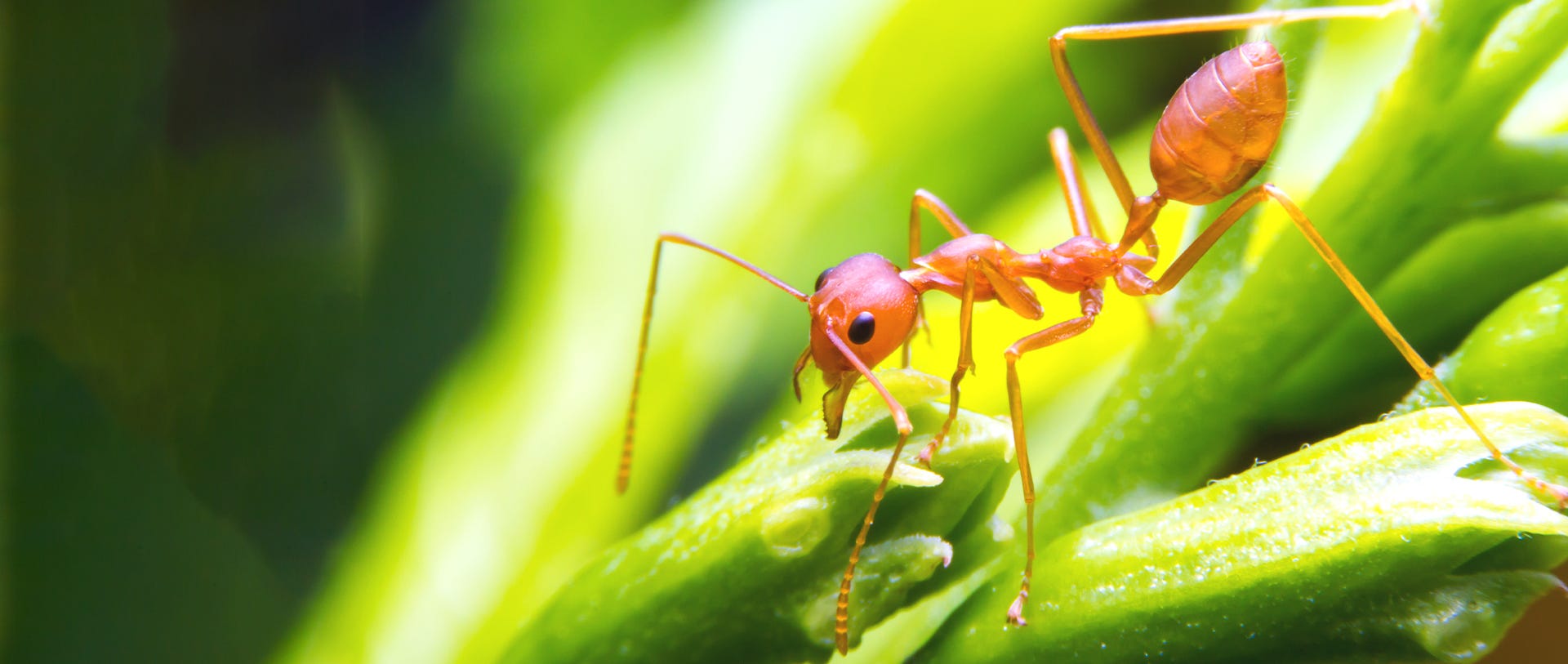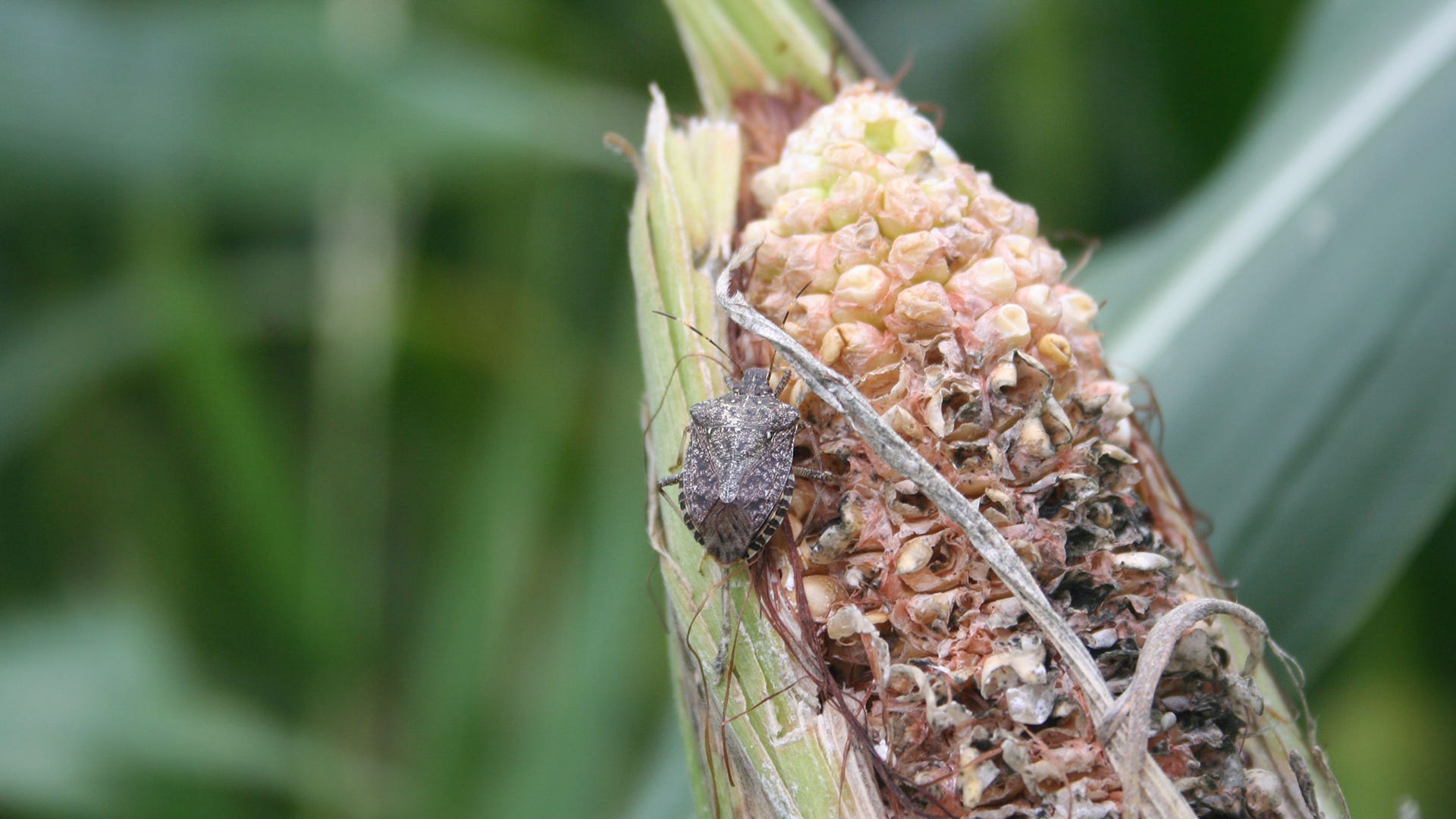It only takes one encounter with a Fire Ant to know that you never want to repeat the experience. Like with most problem insects, preventing an infestation is simpler than treating an infestation. Learn about fire ants, the havoc they can wreak, and most importantly, get tips on how to prevent them from ever invading your home and yard in the first place.
What Are Fire Ants?
Red Imported Fire ants, also known as Fire Ants, are one of the most common species of fire ants people have the misfortune of coming into contact with. This ant is native to South America but can now be found across North America, the Caribbean, and Asia. In the United States, fire ant populations are much denser along the east coast, mainly in the southern states.
Fire ants live in colonies and vary in size depending on their role within the colony. Worker fire ants tend to be smaller in size whereas the queens are the largest. Most ants are no larger than ¼” in length.
Fire Ants are well known for their extremely aggressive behavior. Once secured to an intruder or prey, they use their stinger to inject venom, causing a painful burning sensation. The stings leave behind itchy red welts and pustules.
Fire ant mounds resemble loose piles of dirt that are out in the open. They can be domed or flat on top, but usually look fluffy and less compact than the surrounding dirt. These mounds will not be very tall and may not have an obvious entry point.

It’s always better to minimize your chances of an infestation before you have one. If your property or home looks like a great place for ants, then it probably is. Fortunately, there are plenty of ways you can protect your home and lawn from these stinging pests.
- Seal Cracks and Crevices -- Ants are small insects and, given their small size, they can fit into openings most other insects cannot. Conduct a thorough search of your home to find and seal any cracks, crevices, tears in screens, or holes to prevent fire ants from ever gaining entrance.
- Put Up Defenses – Create a barrier around the perimeter of your home and yard to prevent fire ants from setting up shop. TERRO® Fire Ant Bait can be used directly on existing ant mounds or can be applied on your lawn or around your perimeter to prevent ants from building new mounds in the first place.
- Store Food in Containers -- Food is a major attractant for ants. Leaving food out may be more convenient, but it will attract several insects, not only ants. Store food in airtight containers and avoid leaving food or crumbs out to ensure ants do not target your home.
- Clean Up Outdoors -- Regular maintenance of your yard can make a huge difference in keeping ants at bay. Remove any food, seal garbage in the trash can, and clean up any debris ants could use as shelter. The less hospitable areas ants have outdoors, the less likely they will be to settle in and expand their populations.
- Eliminate Standing Water -- Easily accessible water will encourage ants to stay in an area. Keep your property free from standing water to discourage ants from gathering in large numbers.
- Treat Immediately -- The sooner you treat a fire ant infestation the better. Keep a watchful eye on your property for signs of an infestation so you can catch it early. Detecting fire ants early allows you to more easily eliminate them from your property before they become a full-blown infestation. Stock up on fire ant solutions so you can be ready if and when they strike.
Already have fire ants invading your yard or home? Check out our tips and tricks for getting rid of them after they’ve started colonizing your property.
Have Questions About Fire Ants?
We are here to help. Head over to our Facebook page to ask questions, join our community, and share your stories or photos. If insects keep plaguing your home and property, consider signing up for our e-newsletter. You’ll receive coupons, exclusive sales, and lots of tips for battling bugs. If you can’t wait for more information, our learning center has tons of useful information on a wide variety of insects you will most likely encounter in your home.




